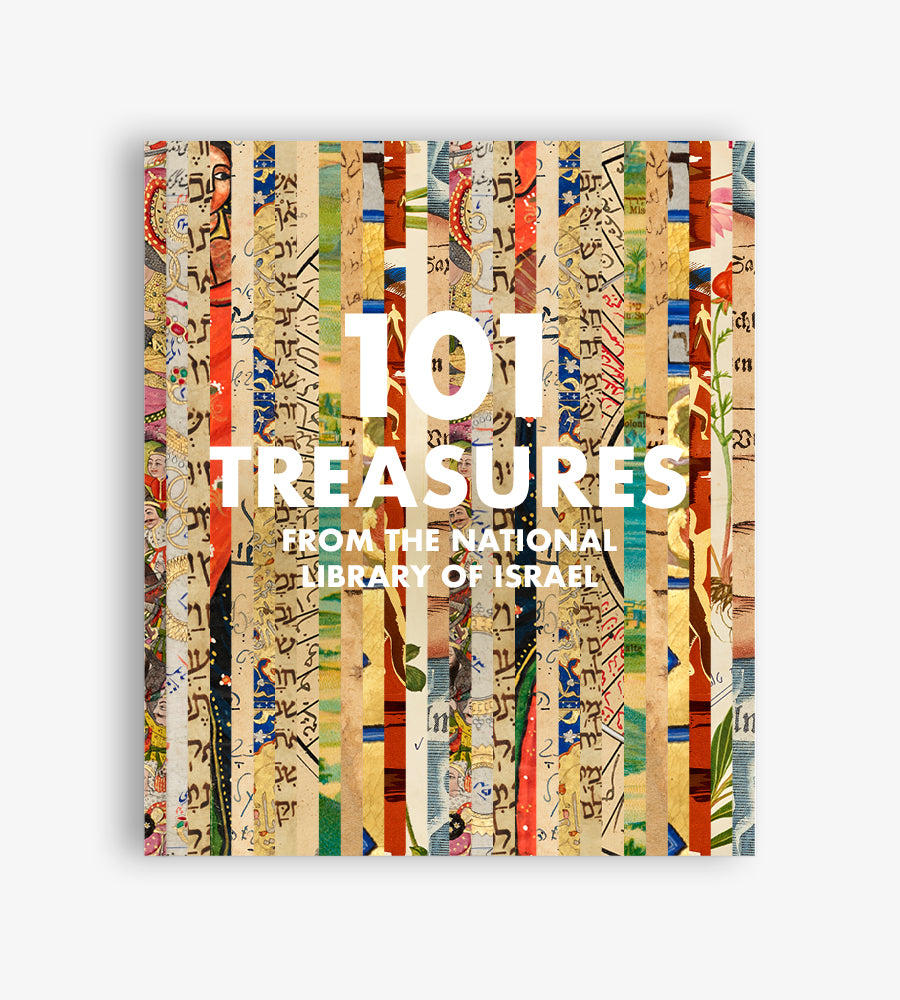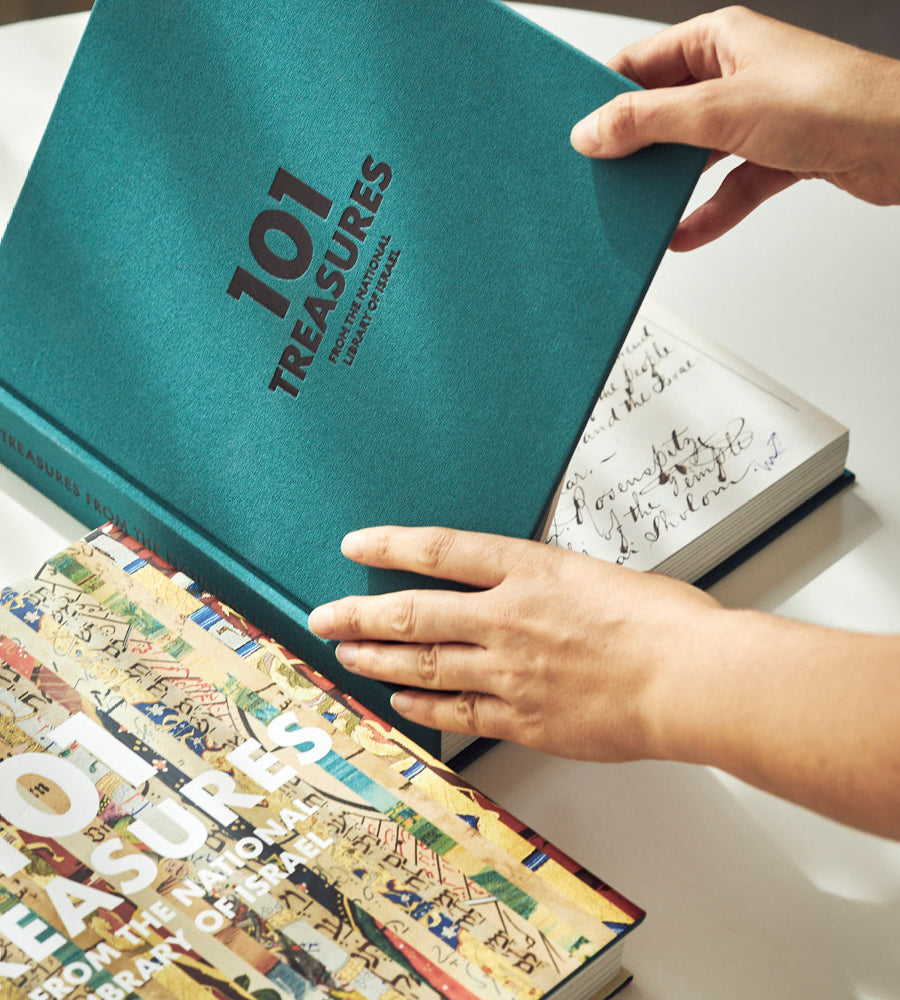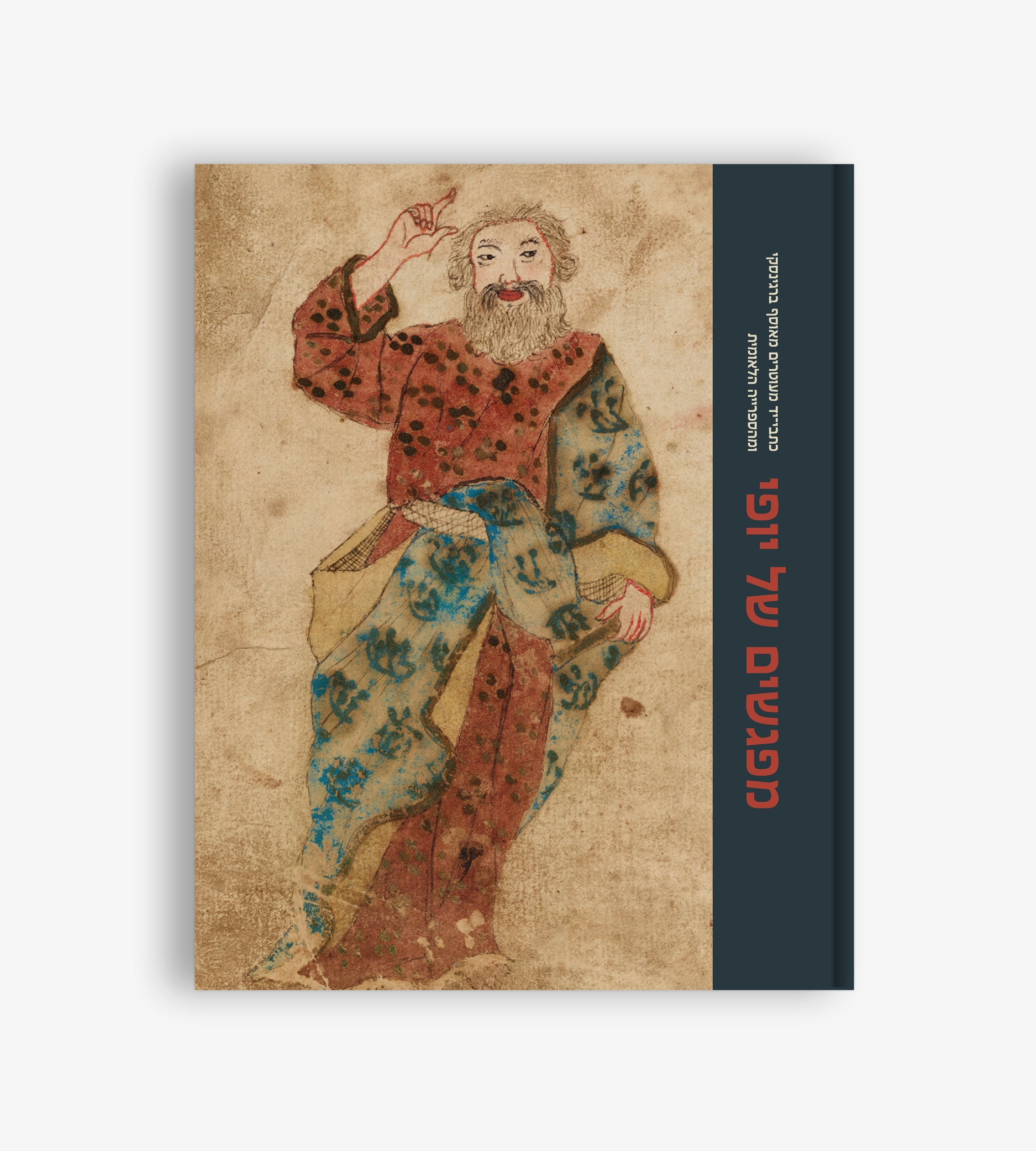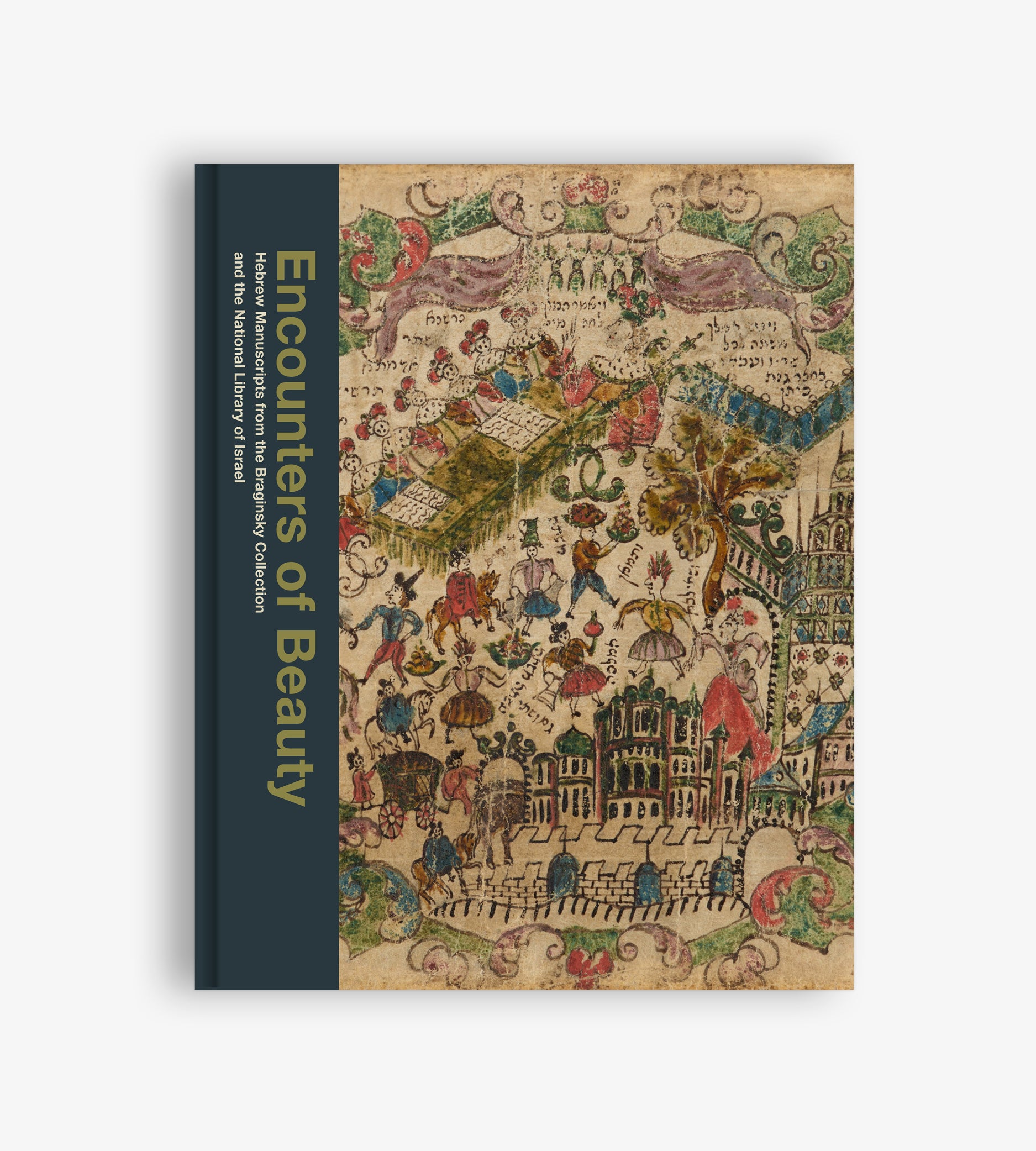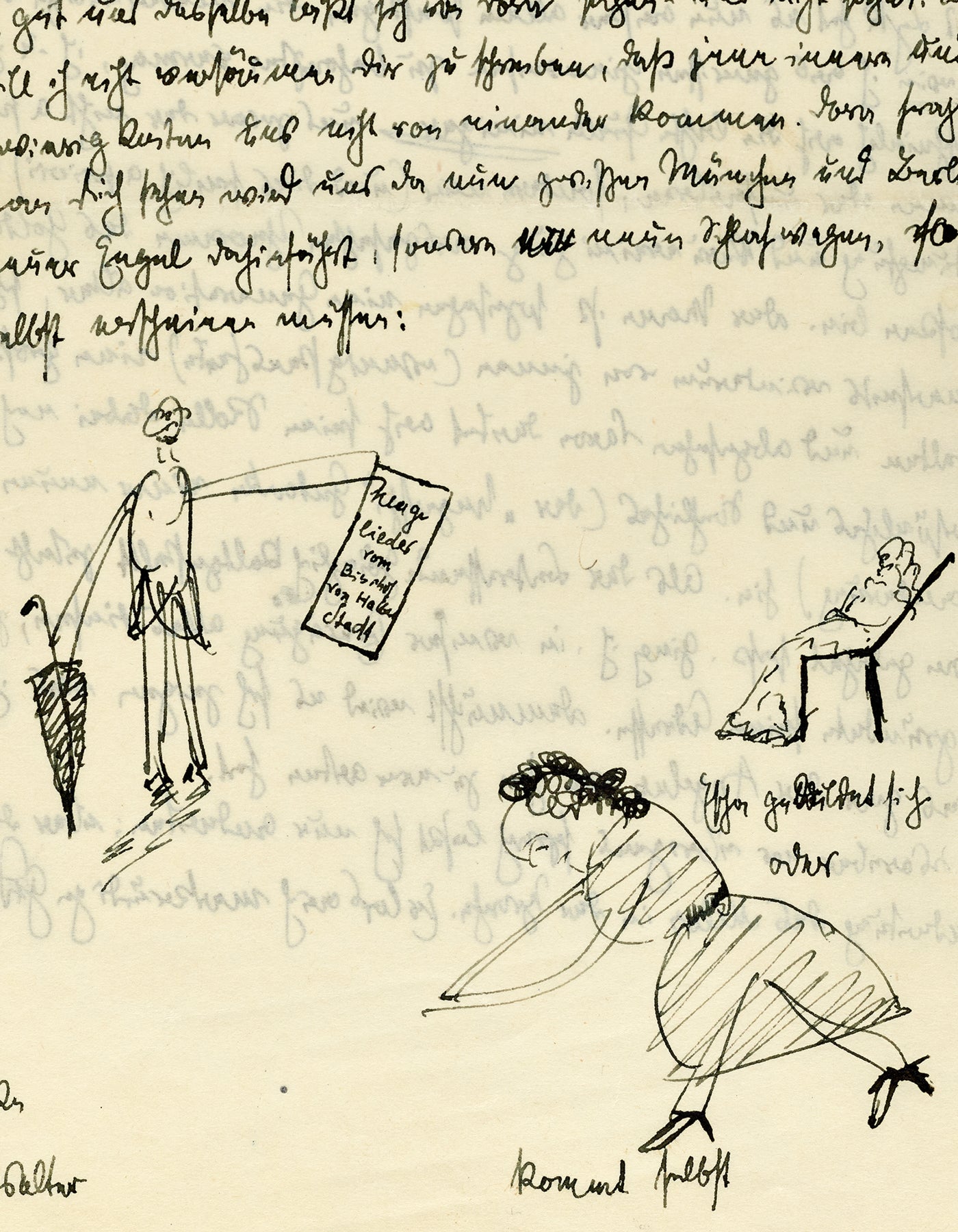
Archiving a Friendship
Stefan Litt

Some geniuses experience the bitter fate of not earning adequate attention during their lifetime. The now internationally renowned philosopher and essayist Walter Benjamin (1892–1940) was one such genius, with most of his contemporaries unable to understand his innovative interpretations of human society. Benjamin depended heavily on his friends, who included the philosophers Hannah Arendt and Theodor W. Adorno, the poet and playwright Bertolt Brecht, and the scholar of Jewish mysticism, Gershom Scholem. Forced to leave Germany even before the Nazis came to power and then driven out of France, where he had spent several years in exile, Benjamin committed suicide on the French-Spanish border in 1940 during an attempt to leave for the United States.
Despite his lack of recognition by contemporary philosophers, Benjamin had faith in his own ideas and carefully preserved his writings. Thanks to his friends, most of Benjamin’s writings survived in Europe after his death. In Palestine, even during Benjamin’s lifetime, his close friend Gershom Scholem collected manuscripts, letters, photographs, and other materials related to Benjamin’s life and thought in his private “Benjaminiana” collection. After Benjamin’s death, Scholem continued to amass more documents, creating a diverse collection covering many aspects of Benjamin’s intellectual and private life. This collection enabled Scholem, together with Adorno, to make the first steps in publishing Benjamin’s letters and writings since the 1950s, thus finally giving Benjamin’s ideas fitting worldwide attention.
Benjamin’s papers arrived at the National Library in 1984 with the transfer of Scholem’s private collection. The hundreds of letters and rare manuscripts are a testament to the remarkable friendship between two of the most important thinkers of the twentieth century.


